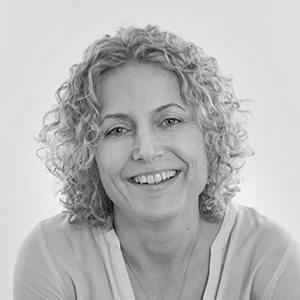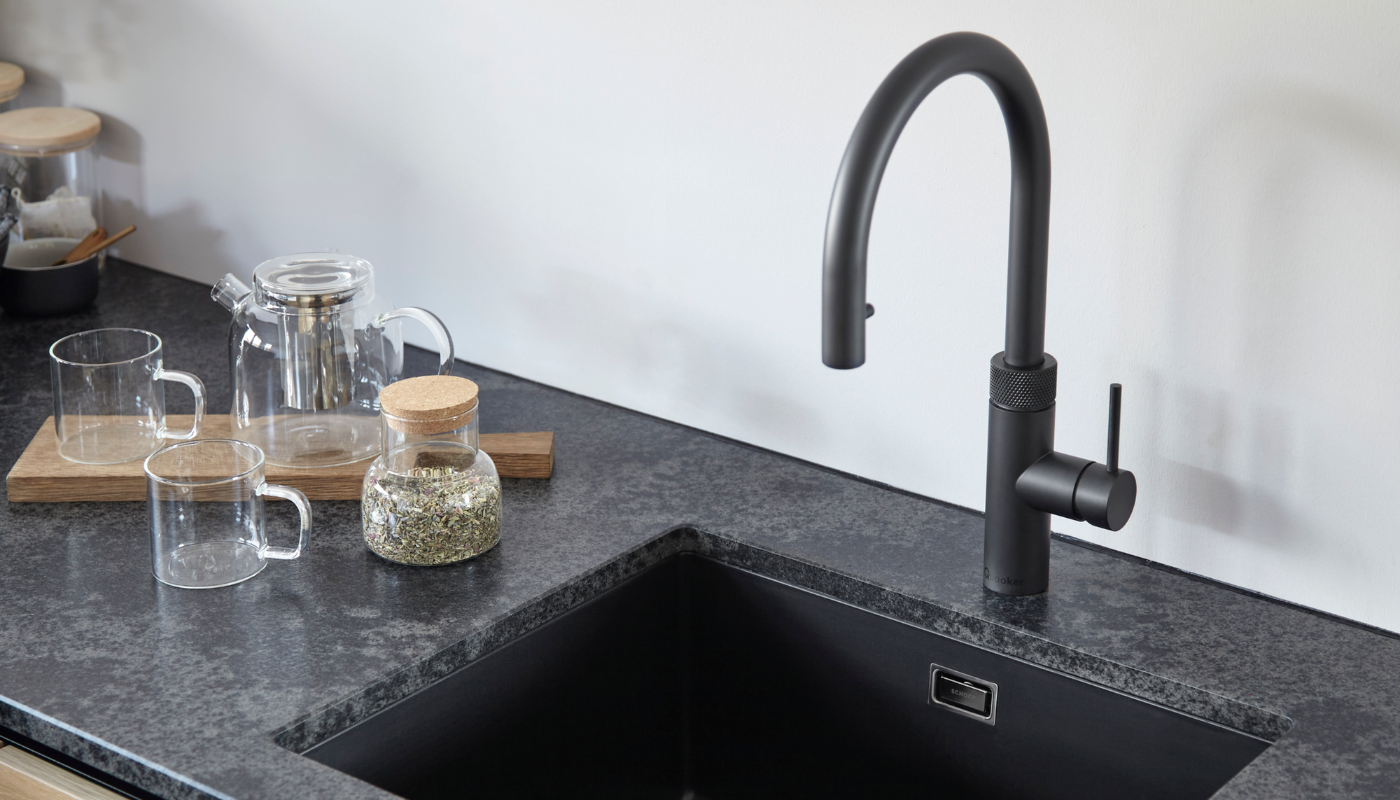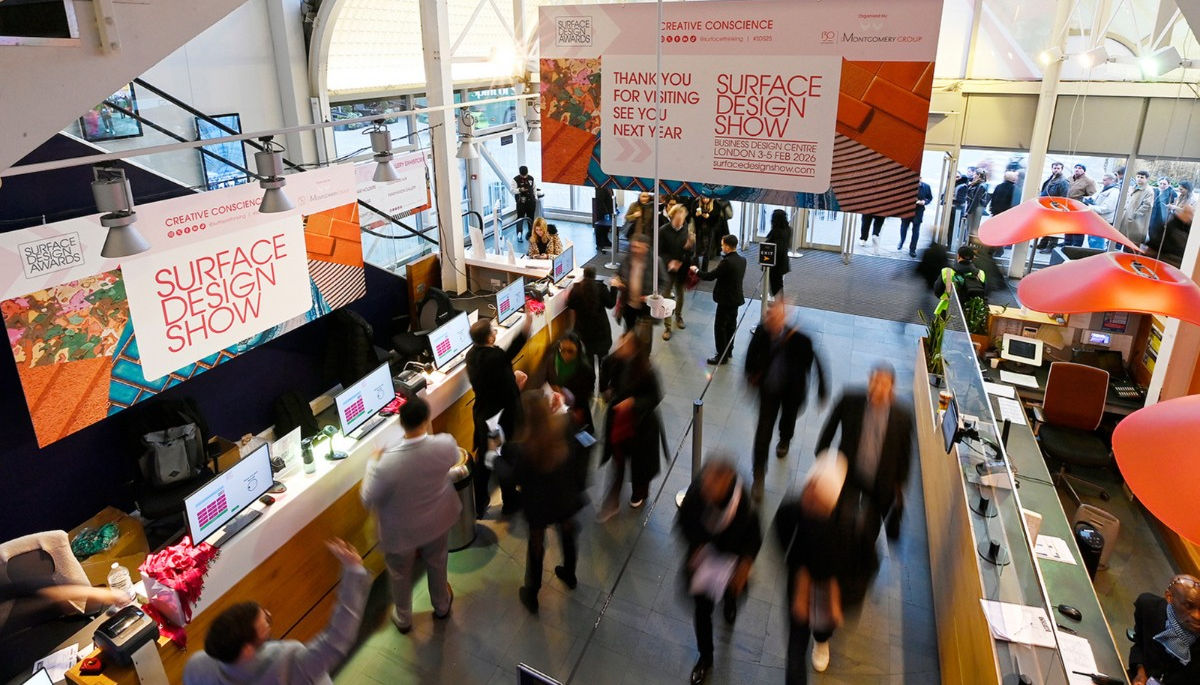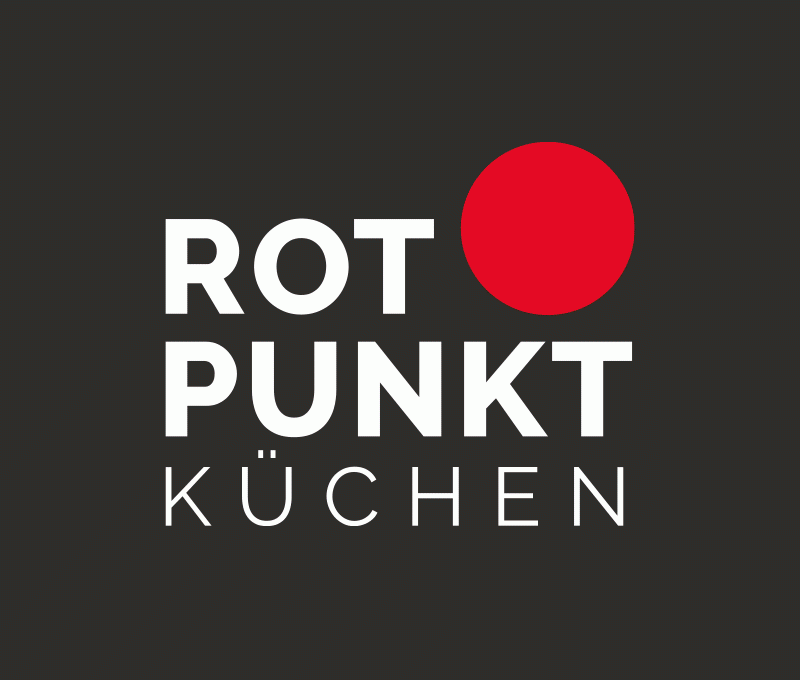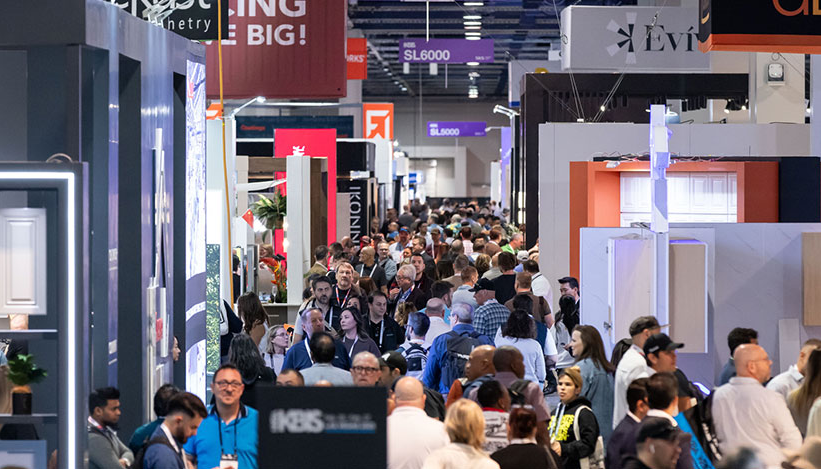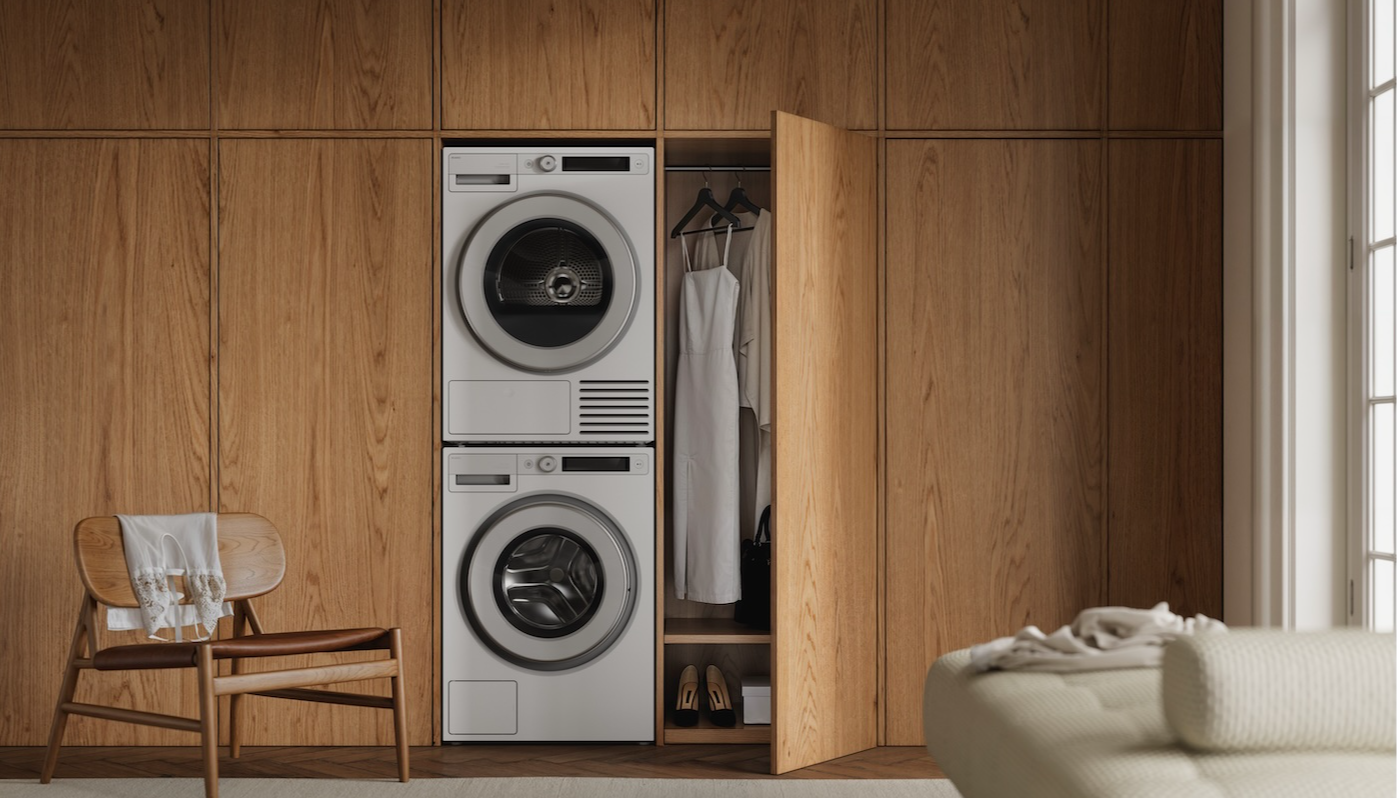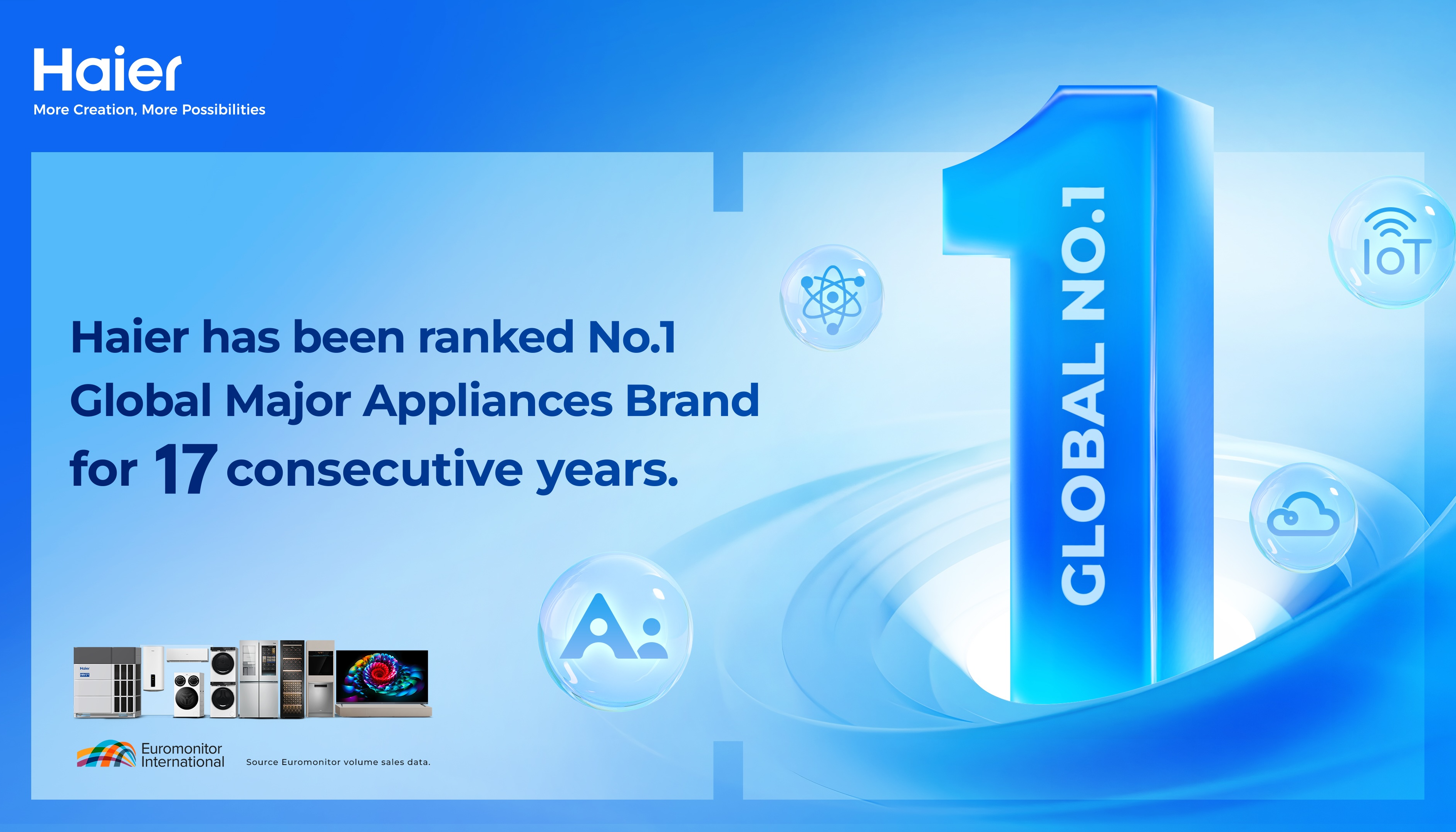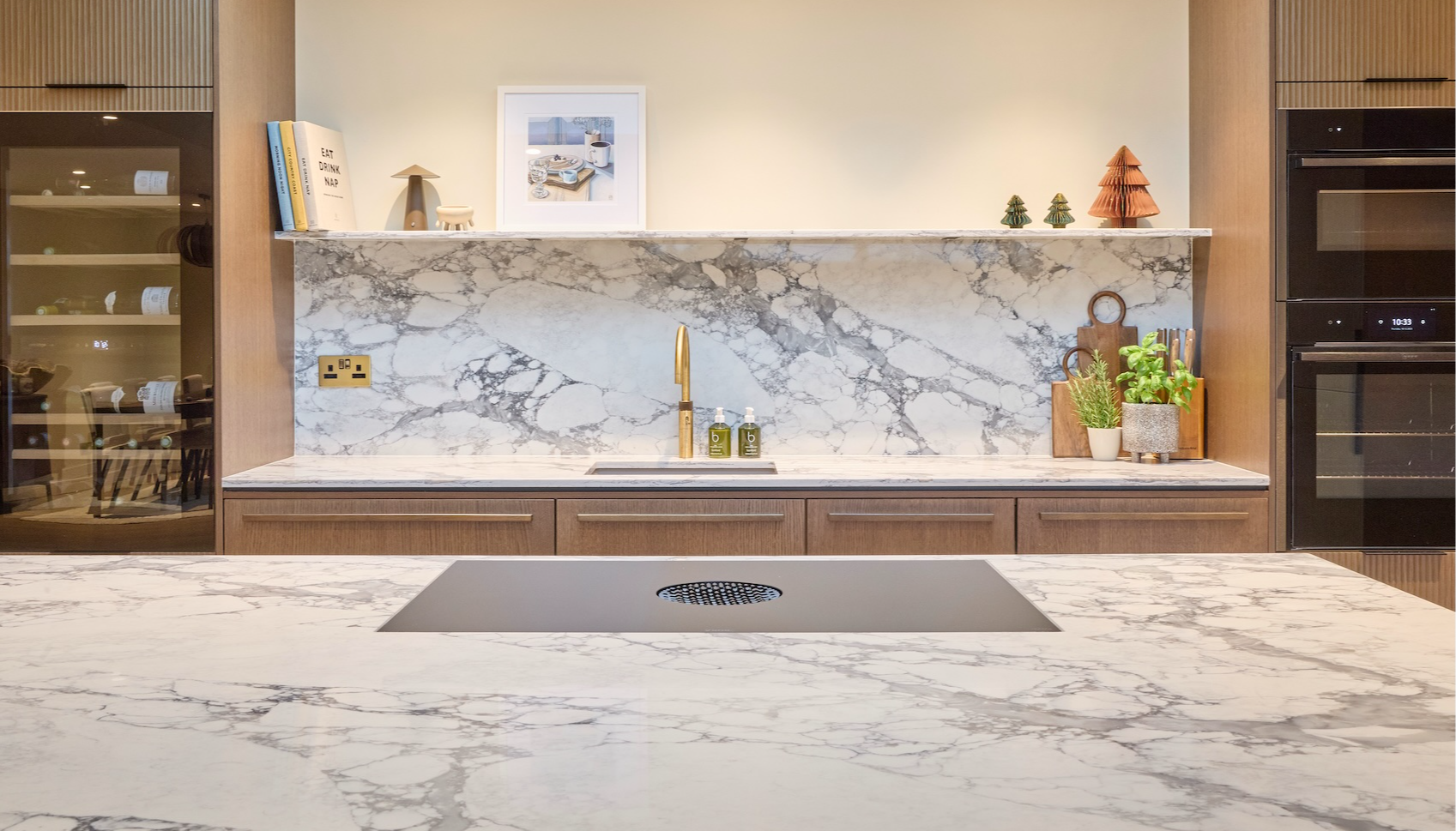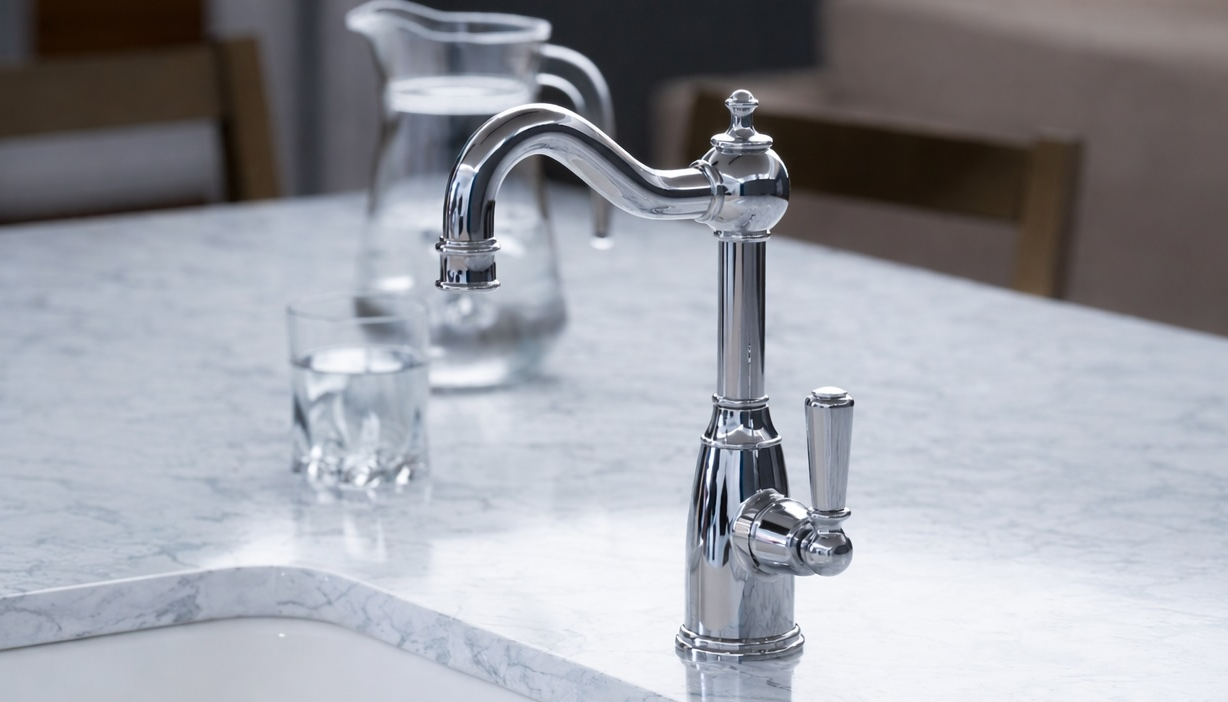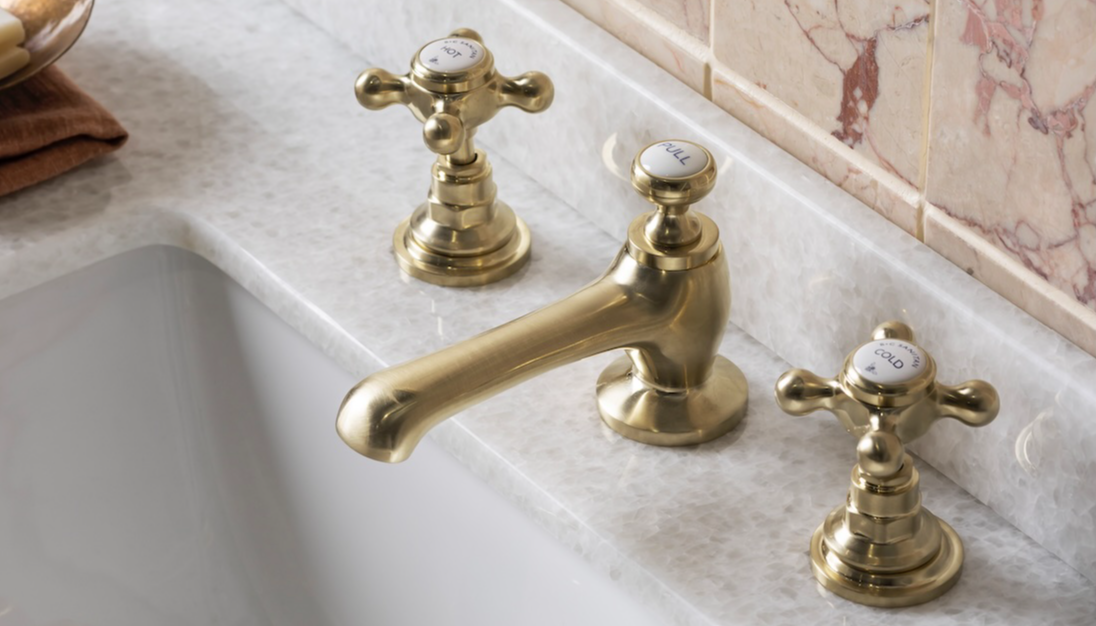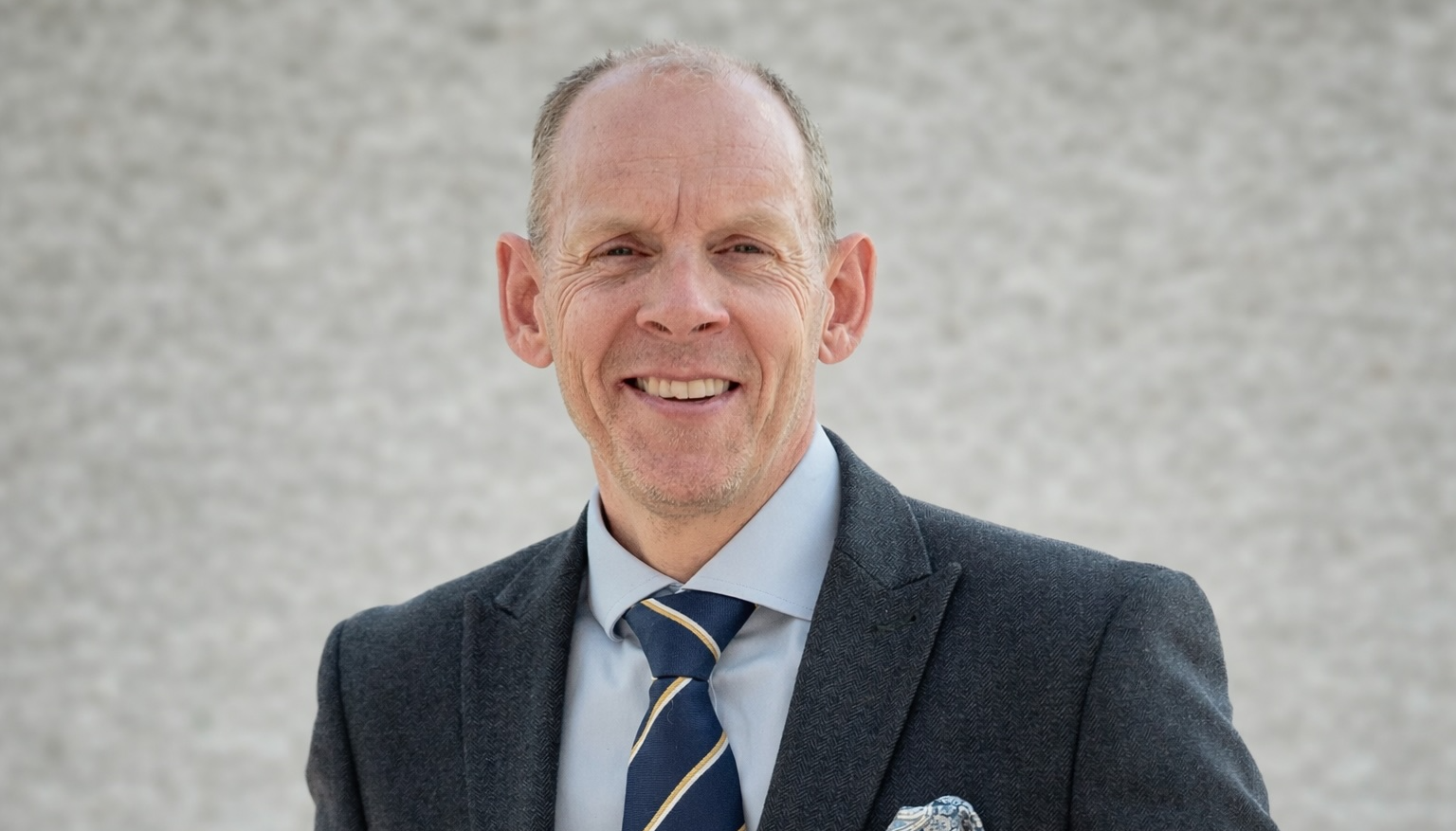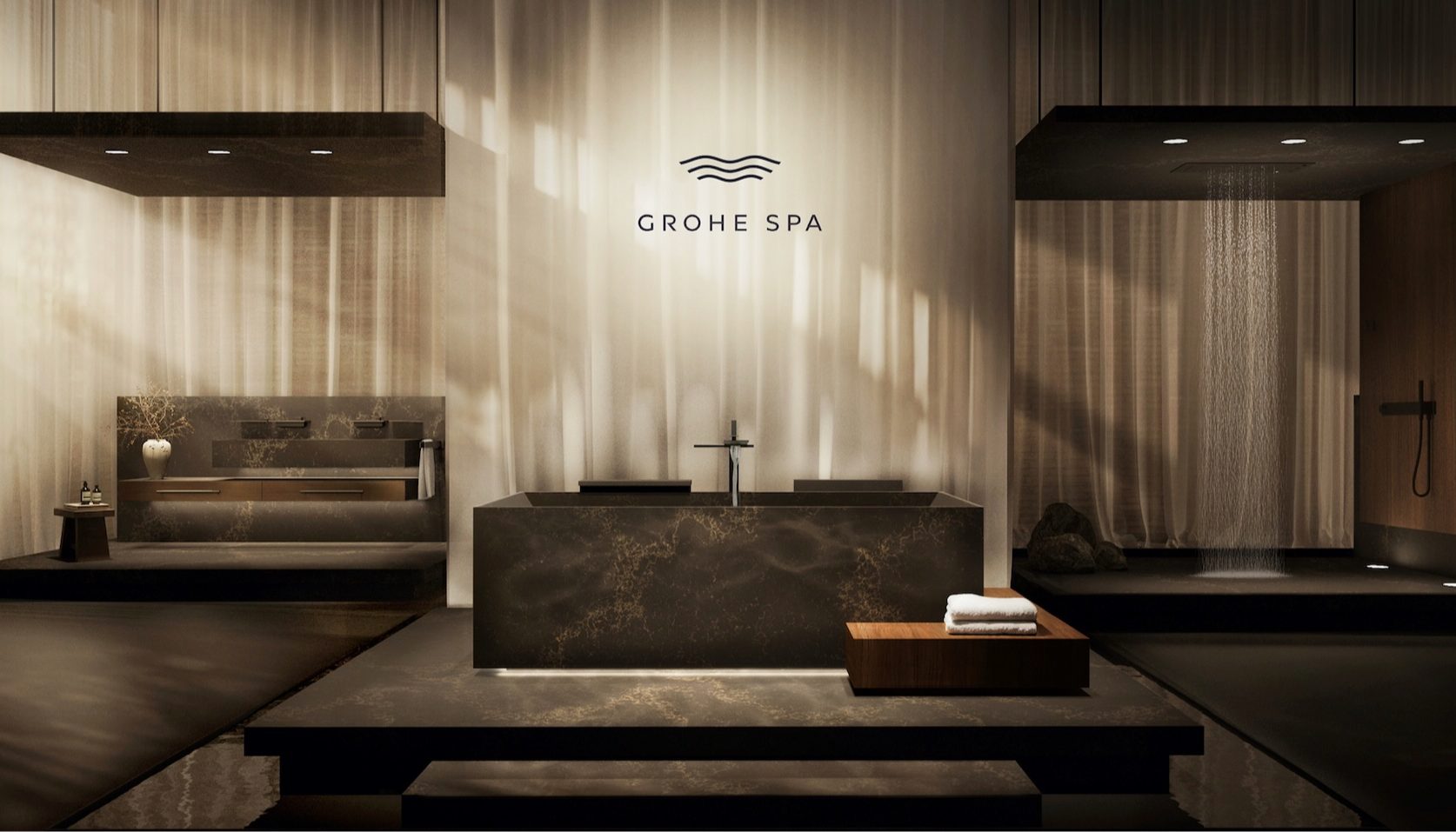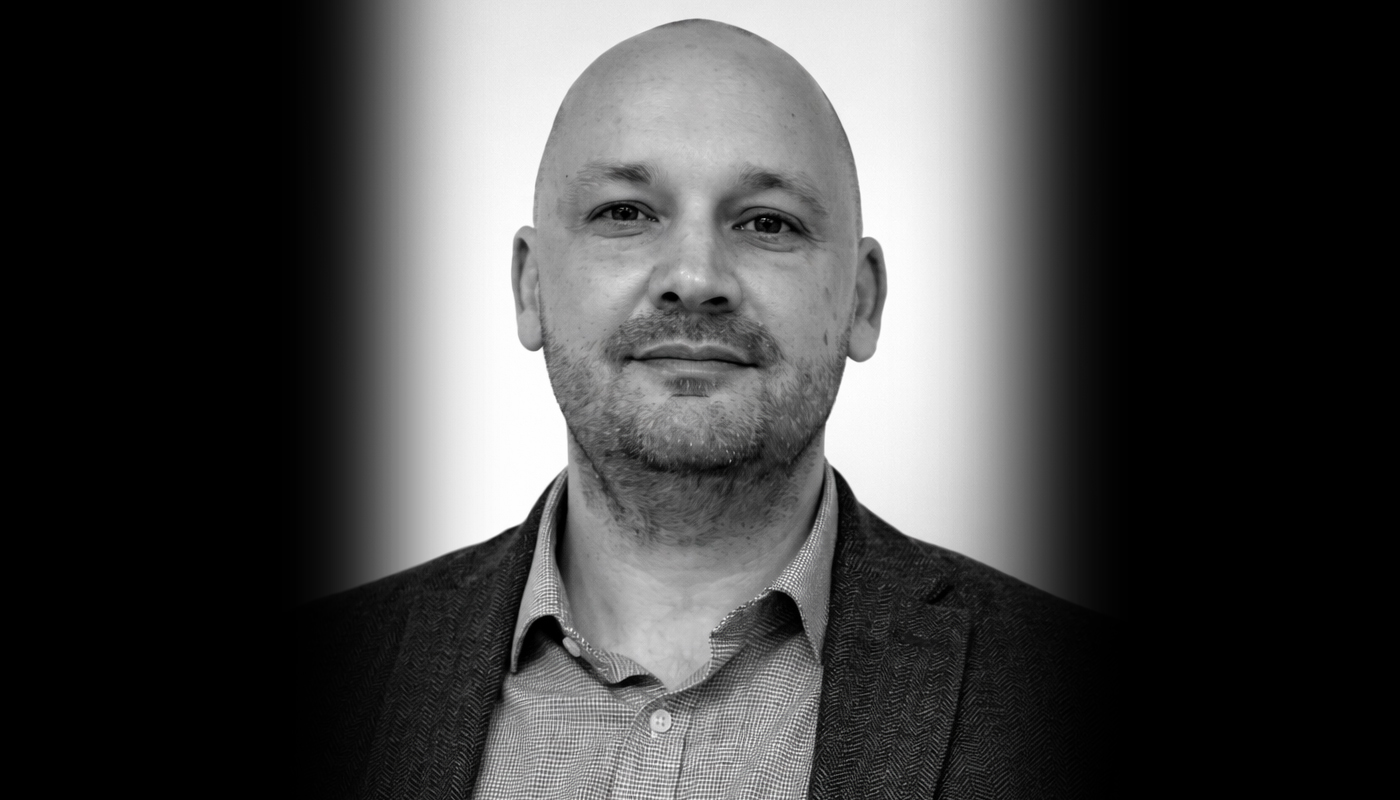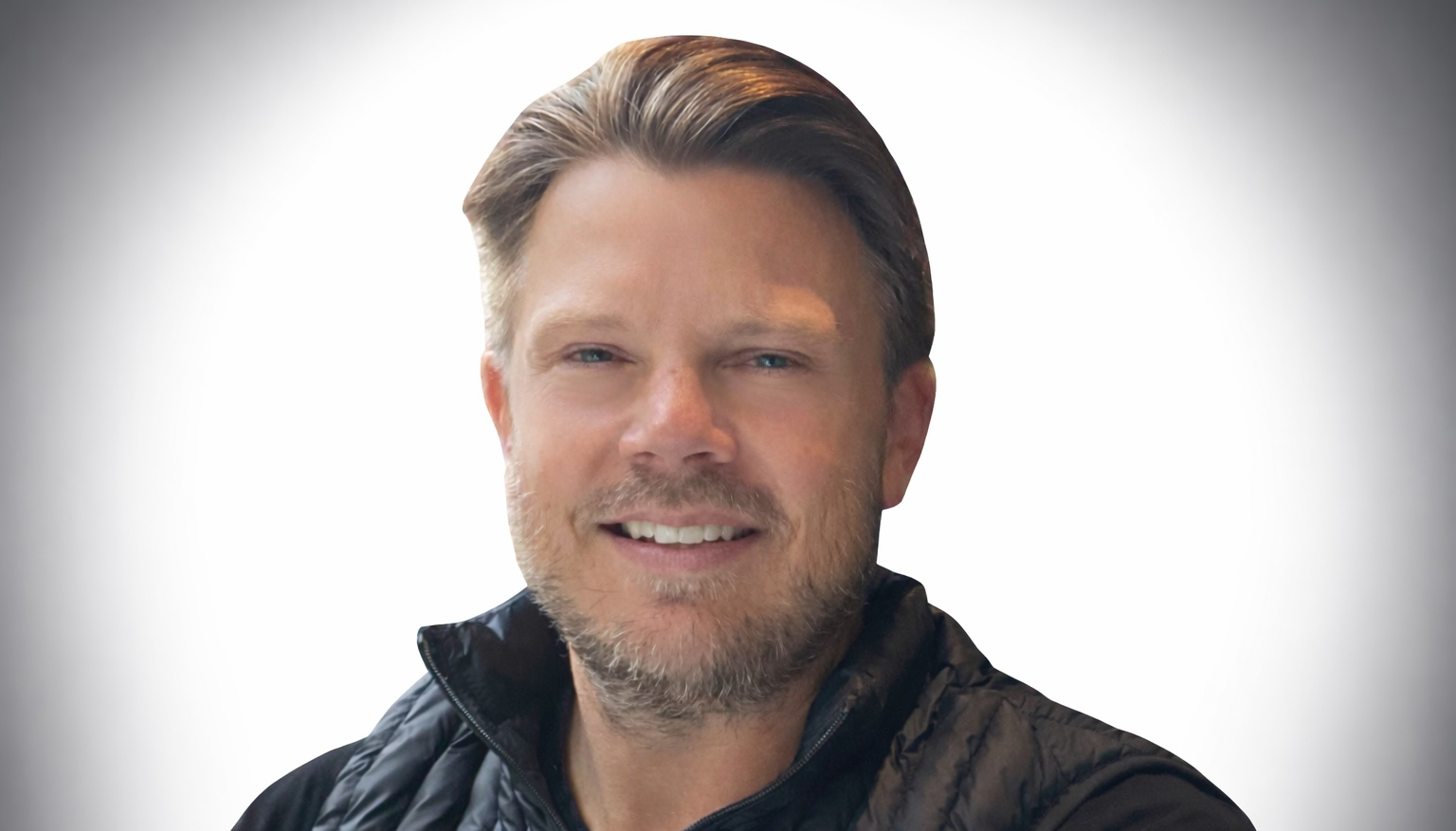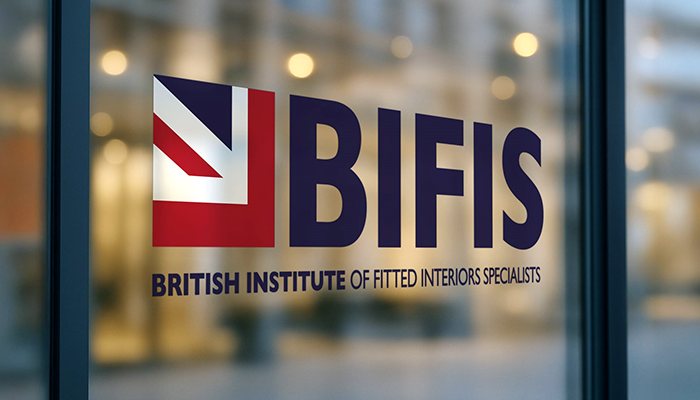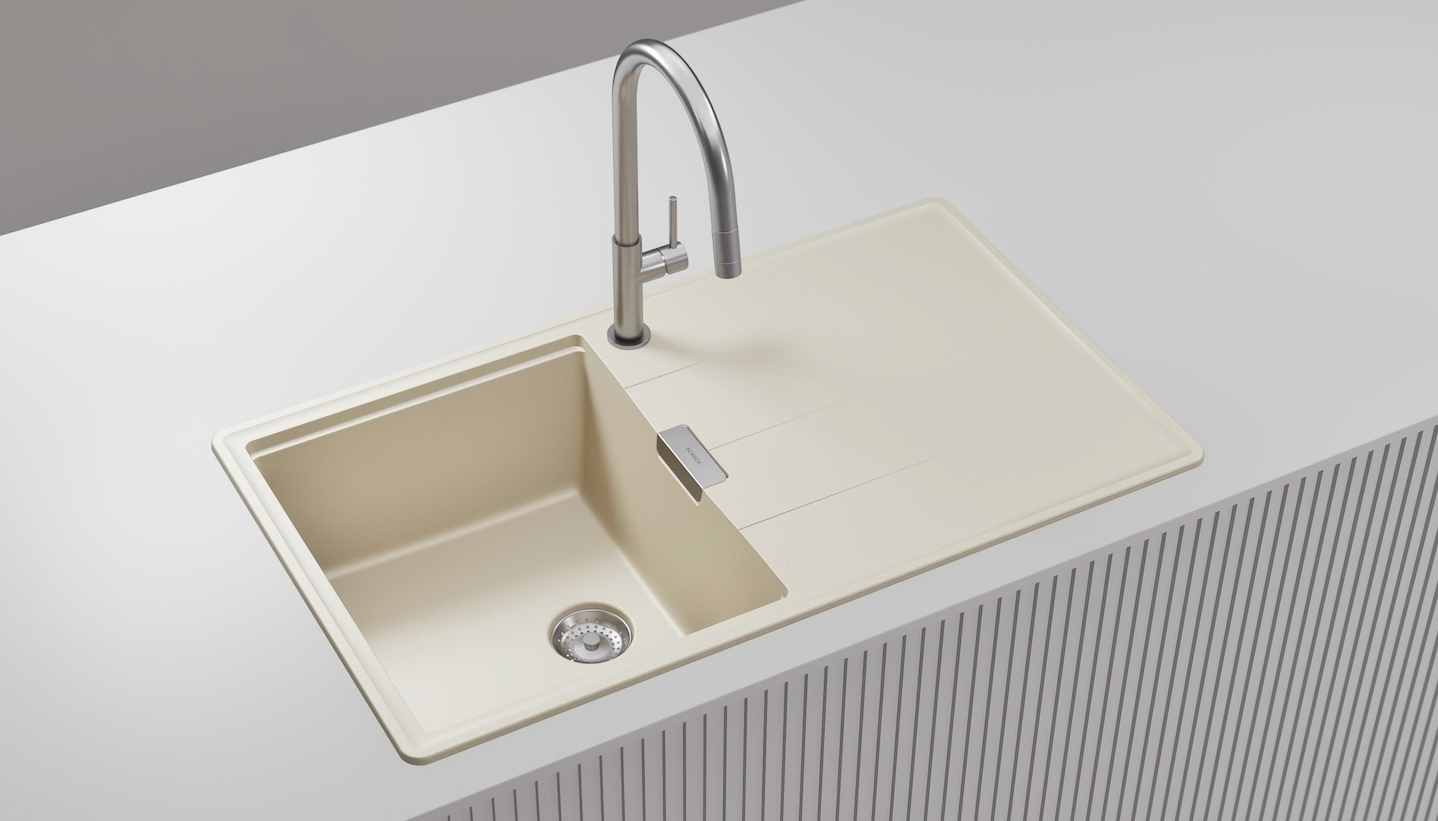Interview: Poppy Szkiler – How Quiet Mark drives innovation and boosts product sales
Tue 7th Oct 2025 by Sally Smith
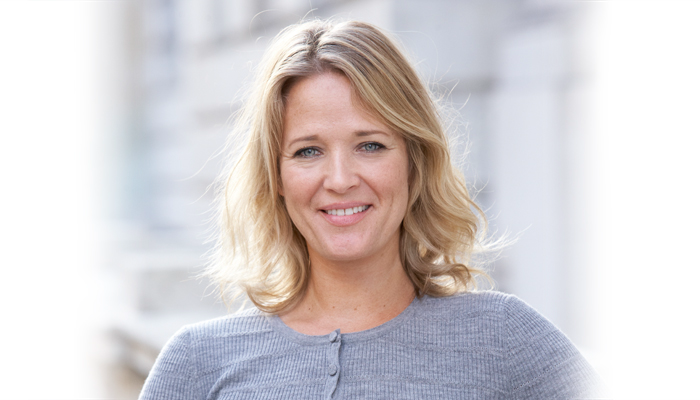
Interview: Poppy Szkiler – How Quiet Mark drives innovation and boosts product sales
Quiet Mark is leading the way in acoustic certification – Sally Smith speaks with CEO Poppy Szkiler about how it's driving product innovation and increasing product sales by helping consumers choose quieter appliances.
Set up in 2011, Quiet Mark is the pioneering acoustic certification programme and trading arm of the UK Noise Abatement Society charity founded in 1959 by John Connell, OBE. Co-founded by Connell's granddaughter Poppy Szkiler, and establised to tackle rising concerns about environmental and product noise and the impact on public health, Quiet Mark conducts independent, free-of-charge acoustic testing to identify and certify the quietest products across multiple sectors. By providing manufacturers and consumers with trusted third-party sound measurement product assessment, it gives homeowners peace of mind when it comes to making that purchase, and sets the benchmark for low-noise innovation in product design.
"My grandfather wrote a letter to The Daily Telegraph asking if anyone else was experiencing an increase in the general noise around them and he received sacks full of mail agreeing with him," explains Szkiler. It was a defining moment – Connell then singlehandedly lobbied parliament, resulting in the Noise Abatement Act being passed in 1960 classifying noise as a statutory nuisance.
Szkiler and her mother Gloria Elliot, OBE, co-founder and chair, started the Quiet Mark certification scheme based on the heritage of the Noise Abatement Society to provide a public service to test products in their own labs. "We launched the programme with 40 products with the Quiet House at the Ideal Home Show in 2013. We took hero products from every sector of the industry to show the best quietest products available at the time," says Szkiler.
Now Quiet Mark has Structural Dynamics and Assessment Labs that test hundreds of products and categories, and specialist partnership labs in the US, Europe & Asia, as well as the only sound data sets in the world that are independently tested on behalf of the public.
"We test each product category according to its own protocol. It has taken years of painstaking dedication to create triangulation of core performance versus sound performance. Not just decibel levels but sound quality, which is very complex. It’s contextual, it’s subjective and we have created a system for repeat testing set up capturing various aspects of sound data. We are geeks at heart for sound measurement, testing everything you could imagine from air fryers to robot vacs to building materials," she says.
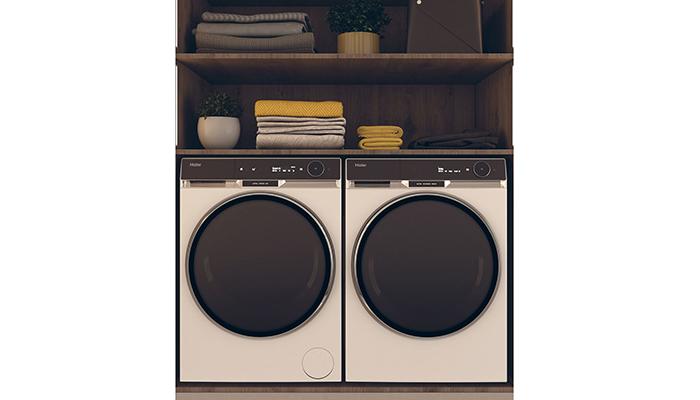
Quiet Mark® makes money from licensing its trademark for certified products to use the Quiet Mark IP badge on any marketing material and advertising campaigns. Quiet Mark uniquely funds the associated NAS charity with this income. Recent data from its Public Insight Surveys show that 85% of UK consumers are more likely to buy a product that has a Quiet Mark label than one that doesn't.
Szkiler has witnessed this firsthand. "John Lewis has been in partnership with us for 12 years. We provide them with all the information on the sound levels of their products. We have tracked thousands of John Lewis shoppers weekly on their website over the past year evidencing they are consistently twice as likely to buy an appliance through the Quiet Mark check box than without it and likely to spend more on a Quiet Mark certified appliance."
Quiet Mark is continually testing hundreds of machines in numerous categories for free, and are in touch with virtually a majority of manufacturers in response to the increasing demand for quieter products, however, sound quality isn't just measured in decibels. "We have invested a huge amount over the years to make sure our figures and data are very robust as we can’t accredit a product as ‘quiet’ without using decades of sound data. For example, you can’t be Quiet Mark certified if there are unpleasant squeaks, beeps or clicks as these won’t meet the sound quality measurements of tolerable tonality and frequencies," explains Szkiler.
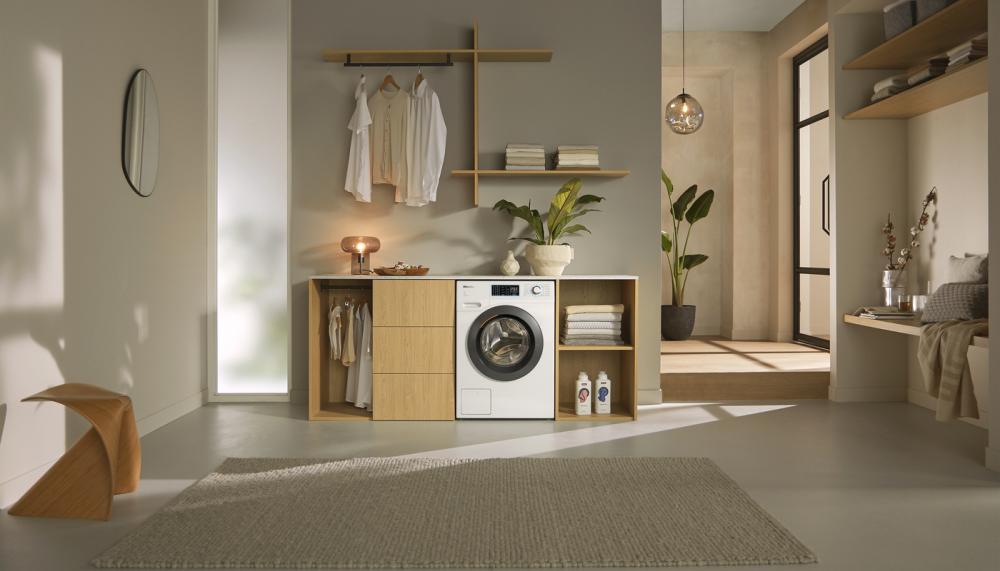
Ultimately, only 20% to 30% of the products tested end up achieving a Quiet Mark depending on data algorithms for each product category.
"We are working daily with R & D teams for up to 3 years on new product launches, and as a result we are deeply involved in the sound design process. We want industry to create amazingly quiet products, but it’s often difficult to create high-performance machines with excellent acoustic design as well. There are products that are failing every day in the labs," says Szkiler.
Quiet Mark also offers a paid service where companies are able to consult on a particular machine that has failed and discuss the specific sound quality attributes or characteristics of sounds that can be improved.
It is clear that Szkiler's commitment to achieving a quieter world serving the remit of the Noise Abatement Society remains unwavering. "Even after years of painstaking research and data collection I feel like we are only just beginning. We’re on a journey to make people really understand how sounds affect their whole being and help people choose healthy sounds, and industry is working hard to get the acoustics right. We will continue to champion those quiet products that have achieved the Quiet Mark certification to the press and general public as we launch 4 new Europe market websites – Germany, France, Italy and Spain – this month, with more on the way, joining our US market product sourcing site as we continue to scale our global market certification partnerships."
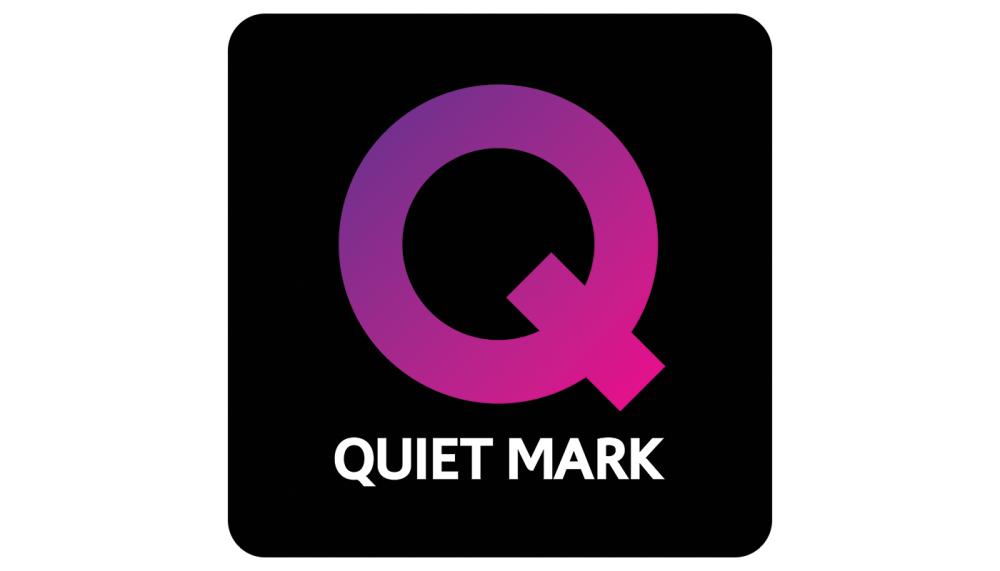
Tags: interview, features, poppy szkiler, quiet mark, appliances, kitchens



